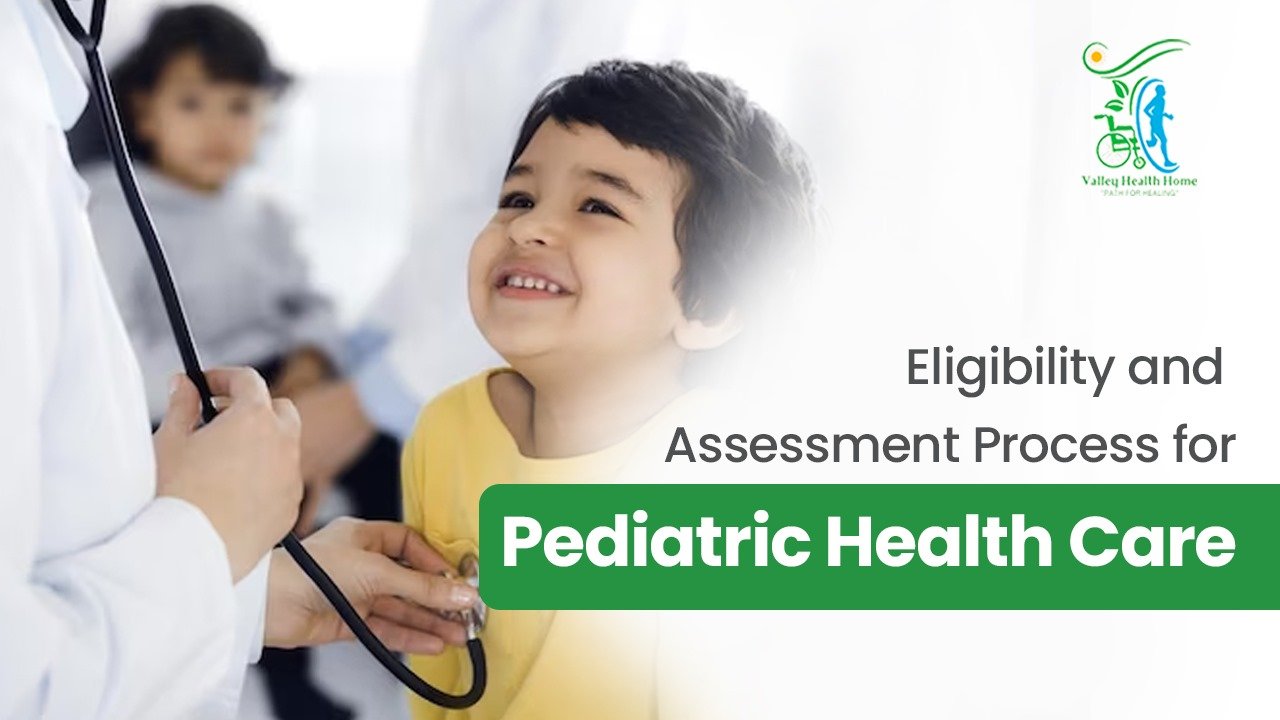Introduction
Ensuring the well-being of our little ones is a top priority for parents and healthcare providers alike. When it comes to pediatric health care, eligibility and assessment play crucial roles in determining the appropriate care and support needed for children. In this blog post, we will delve into the intricate details of the eligibility and assessment process for pediatric health care, shedding light on the steps involved and the significance of each stage.
Understanding Eligibility Criteria
Eligibility criteria serve as the initial filter in determining which children qualify for pediatric health care services. These criteria may vary depending on factors such as age, medical conditions, and financial status. Generally, pediatric health care services are designed to cater to children from birth through adolescence, addressing a wide range of health concerns, from routine check-ups to specialized treatments.
Common eligibility factors include:
- Age Range: Pediatric health care typically covers children from birth to 18 years old. However, some services may extend beyond this age range for individuals with specific medical conditions or disabilities.
- Medical Necessity: Children with chronic illnesses, disabilities, or complex medical needs often meet the eligibility criteria. Medical professionals assess the severity of the condition and determine the necessity of ongoing care and support.
- Financial Status: Some pediatric health care services may take into account the family’s financial status to determine eligibility. Government-funded programs often prioritize families with lower incomes to ensure that all children have access to necessary healthcare services.
The Assessment Process
Once a child is deemed eligible for pediatric health care, the assessment process begins. This stage involves a comprehensive evaluation of the child’s health, development, and overall well-being. The assessment process may vary depending on the specific healthcare provider or program, but it generally includes the following components:
- Medical History: Gathering a thorough medical history is the foundation of the assessment process. This includes information about the child’s birth, growth and development milestones, immunization history, and any past or current medical conditions.
- Physical Examination: A hands-on physical examination is conducted to assess the child’s general health. This may include measurements of height, weight, and head circumference, as well as examinations of the heart, lungs, and other vital organs.
- Developmental Screening: For younger children, developmental screening is essential to identify any delays or concerns in areas such as motor skills, language development, and social interactions.
- Psychosocial Assessment: Understanding the child’s social and emotional well-being is crucial. This may involve assessing family dynamics, identifying any stressors or challenges, and gauging the child’s emotional and behavioral health.
- Specialized Testing: In some cases, specialized tests or diagnostic procedures may be recommended based on the child’s medical history and symptoms. This could include blood tests, imaging studies, or consultations with pediatric specialists.
The Significance of the Assessment Process
The assessment process serves multiple purposes, each contributing to the overall well-being of the child:
- Tailored Care Plans: The information gathered during the assessment helps healthcare providers develop personalized care plans that address the specific needs of each child. This ensures that the care provided is targeted and effective.
- Early Intervention: Early identification of developmental delays or health issues allows for timely intervention. Early intervention is often crucial in addressing challenges and promoting optimal development.
- Holistic Approach: The assessment process takes a holistic approach to pediatric health care, considering not only physical health but also mental, emotional, and social well-being. This comprehensive approach is essential for providing well-rounded care.
Conclusion
Navigating the eligibility and assessment process for pediatric health care can be complex, but it is an essential step in ensuring that every child receives the care they need to thrive. By understanding the eligibility criteria and the intricacies of the assessment process, parents and caregivers can actively participate in their child’s healthcare journey, working collaboratively with healthcare professionals to promote the best possible outcomes for the youngest members of our society.



1 thought on “Eligibility and Assessment Process for Pediatric Health Care”